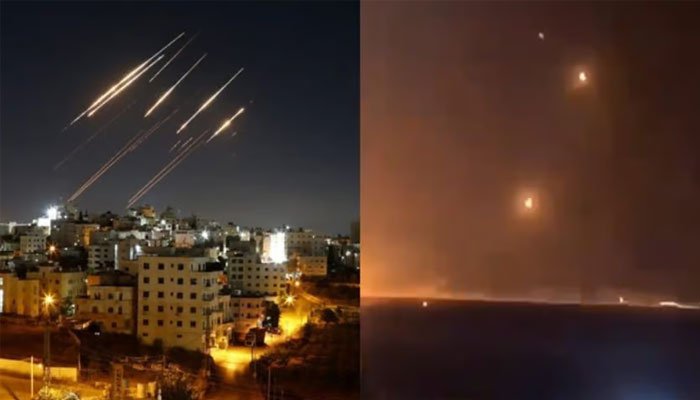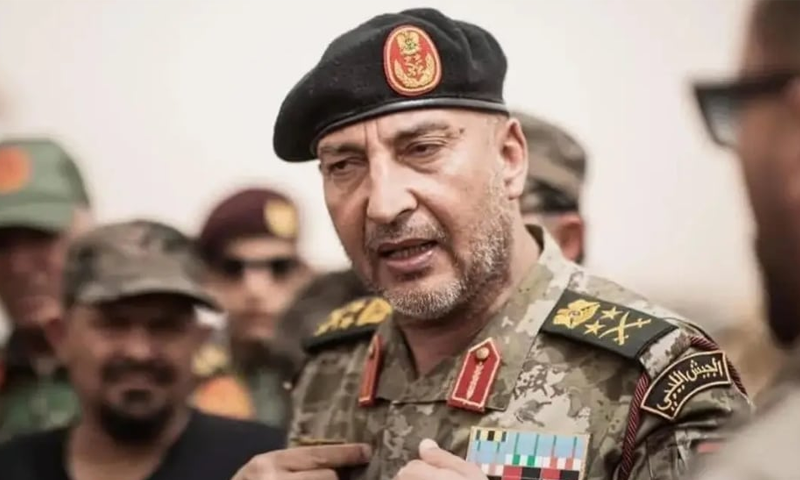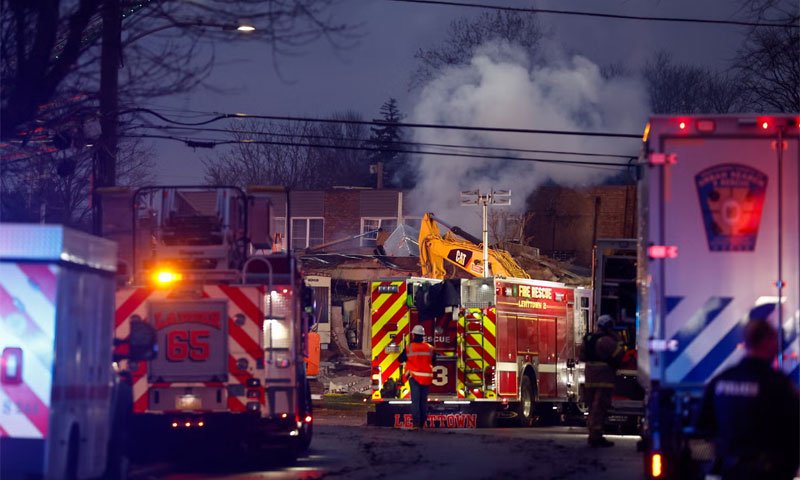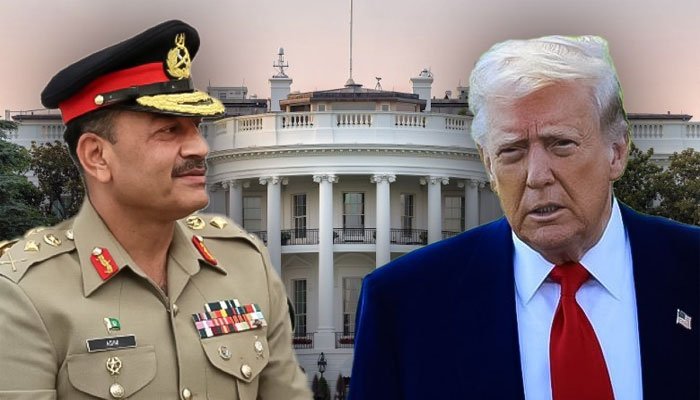Trump Warns Iran’s Supreme Leader: “We Know Where He’s Hiding”
Iran’s Deadly Missiles Rain Down on Israel as Conflict Enters Sixth Day. The ongoing military confrontation between Iran and Israel escalated sharply as both sides launched new missile attacks, pushing the region deeper into conflict while US President Donald Trump issued a dramatic call for Iran’s “unconditional surrender.”
Israeli authorities confirmed that Tehran launched two separate missile barrages early Wednesday morning, triggering explosions over Tel Aviv. In response, Israel urged residents near military sites around Tehran to evacuate, signaling plans for targeted airstrikes. Iranian news agencies reported loud blasts in Tehran and the nearby city of Karaj.
Iran’s Revolutionary Guard Corps claimed the latest assault as part of “Operation Honest Promise 3,” declaring it had used hypersonic Fattah-1 missiles and now held “complete control” over the airspace of Israeli-occupied territories — a claim widely seen as symbolic and unverified.
US President Trump’s tone turned sharply aggressive in a series of Truth Social posts. “We now have total control of the skies over Iran,” he wrote, raising questions about potential covert U.S. military involvement. Though he denied active participation, Trump warned Iran of “severe consequences” if it dared to target U.S. troops or assets in the region.
In a particularly pointed statement, Trump appeared to threaten Iran’s Supreme Leader Ayatollah Ali Khamenei: “We know exactly where the so-called ‘Supreme Leader’ is hiding… We are not going to take him out (kill!) — at least not for now.”
White House confirmed that Trump held an 80-minute emergency meeting with his National Security Council to consider military options. Among them is the possible deployment of U.S. bunker-buster bombs on Iran’s Fordow nuclear facility, which is believed to be beyond Israel’s striking capability. The U.S. may also offer aerial refueling to extend Israeli bombing range.
Washington is actively reinforcing its military presence in the Middle East. New deployments include F-16, F-22, and F-35 fighter jets, alongside four nuclear-capable B-52 bombers stationed at Diego Garcia in the Indian Ocean.
American Defense Secretary Pete Hegseth emphasized that the build-up is defensive in nature, though the scale of American firepower now in place has raised international concerns.
British Prime Minister Keir Starmer, speaking at the G7 summit in Canada, said there was “no evidence” that the U.S. was about to join the war, even as Trump departed the summit early amid intensifying tensions.
US Embassy in Jerusalem announced its closure through Friday, citing worsening security conditions. “Given the situation and following guidance from Israel’s Home Front Command, the embassy will remain closed until June 20,” it stated.
As missile fire and diplomatic threats escalate, the world watches anxiously, hoping to avoid a broader regional war with global implications.





